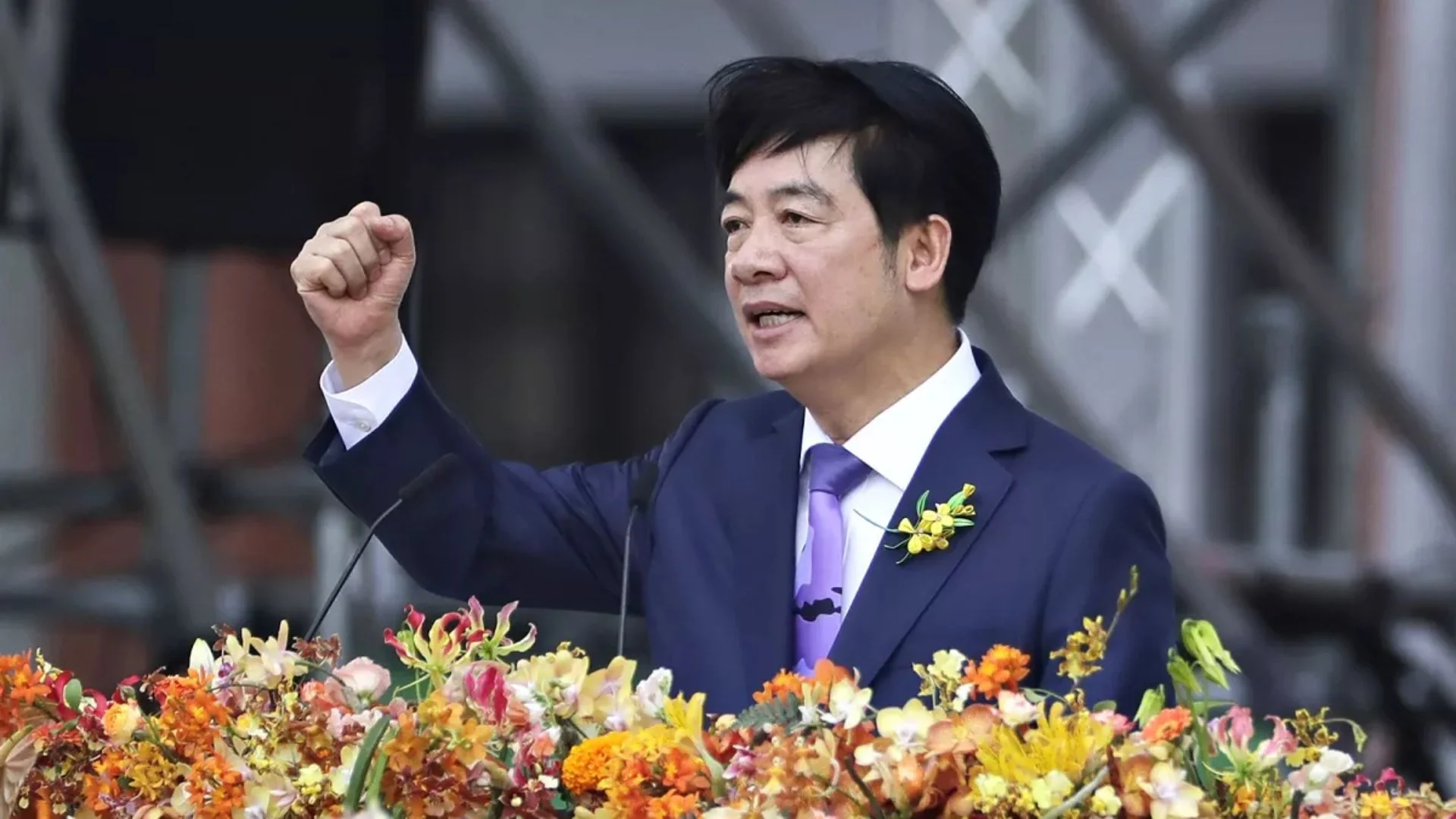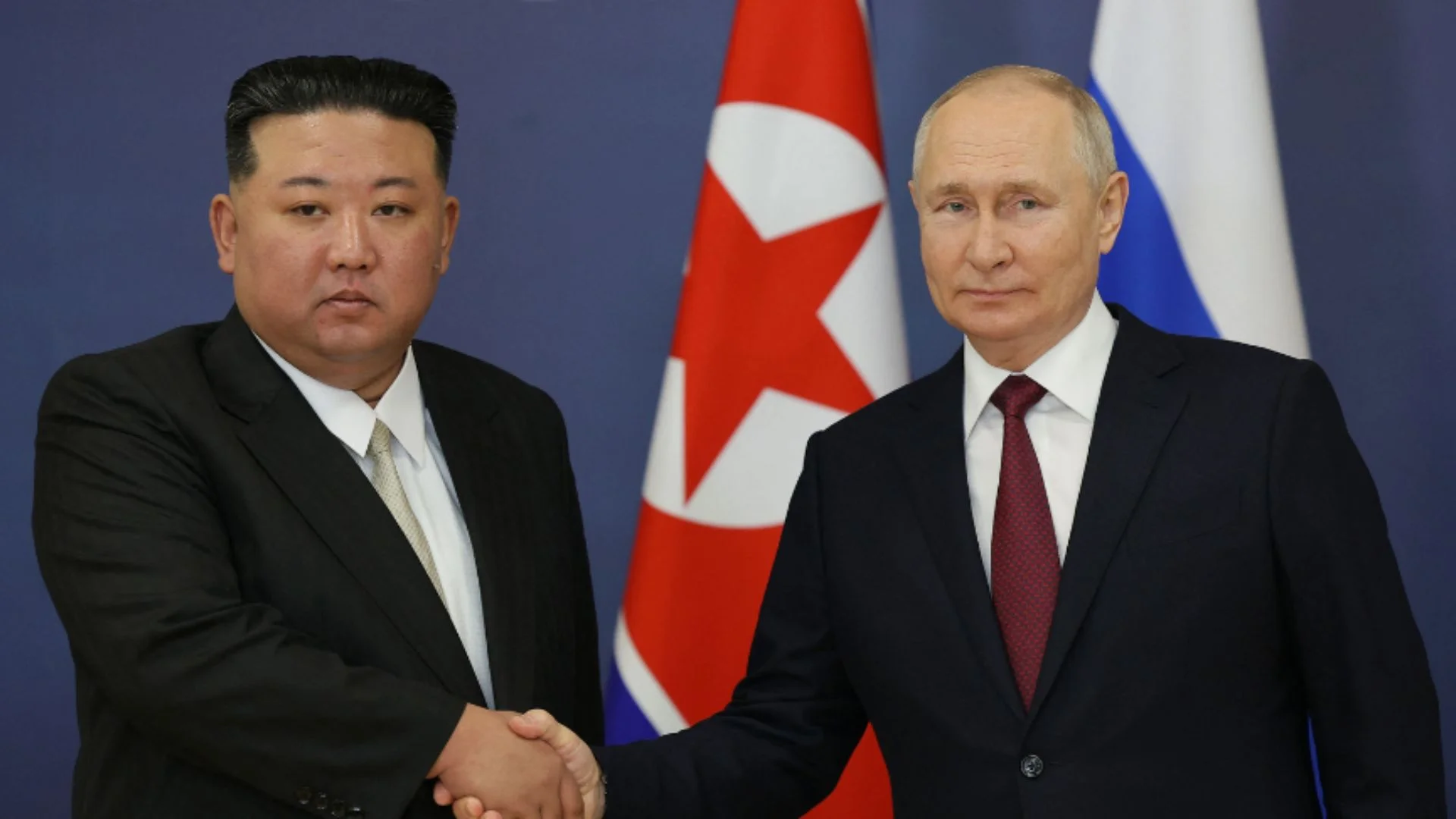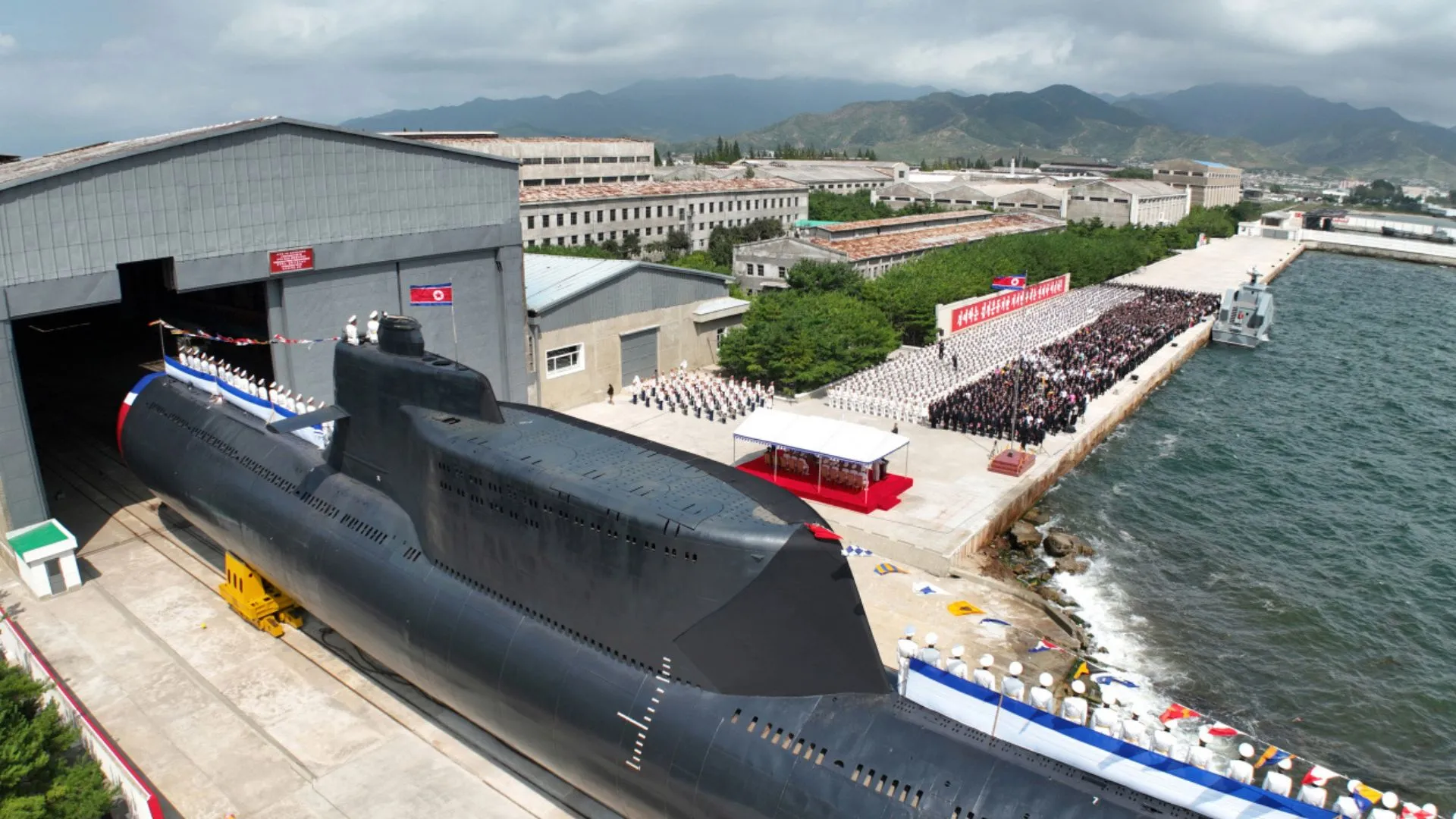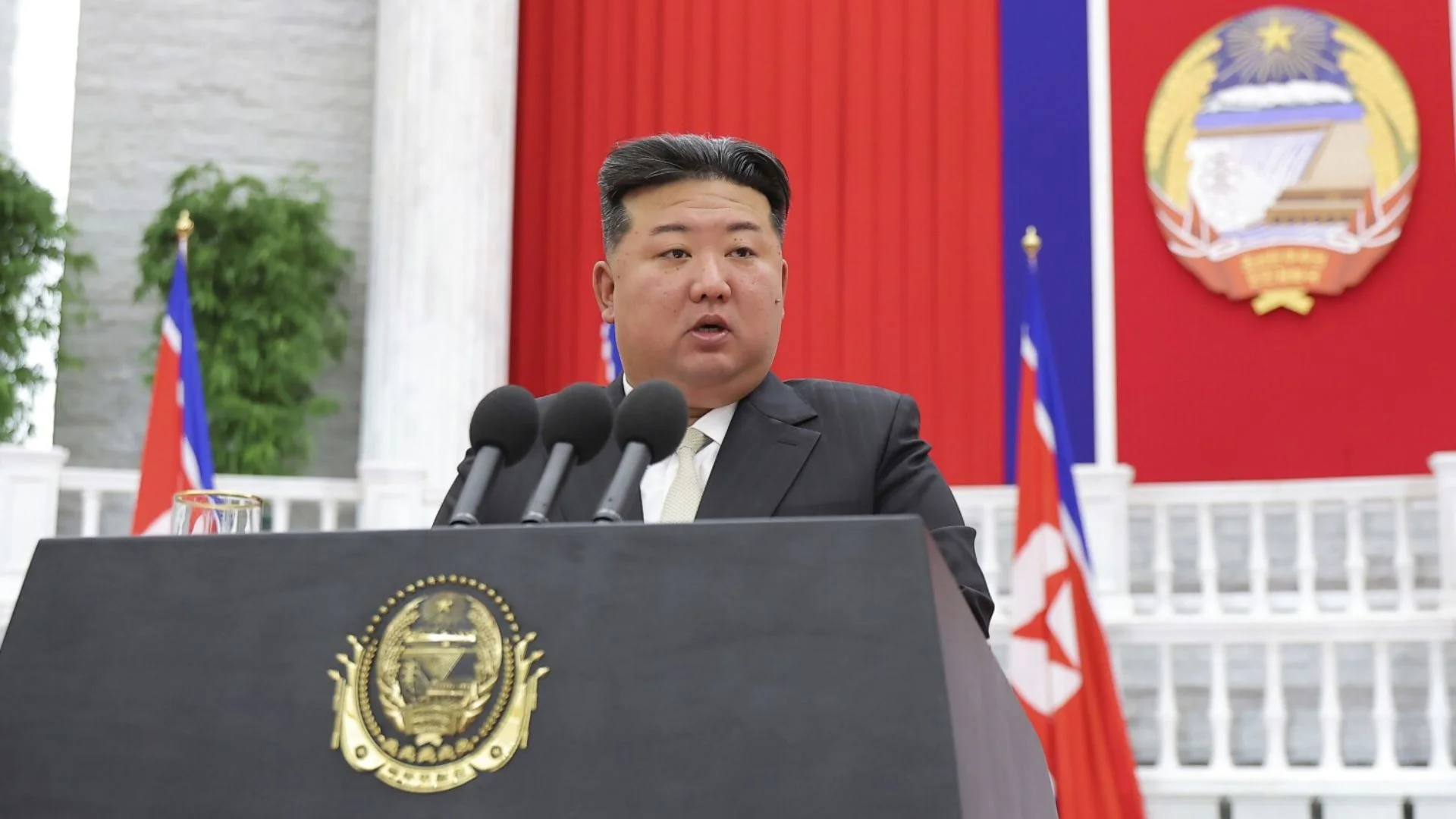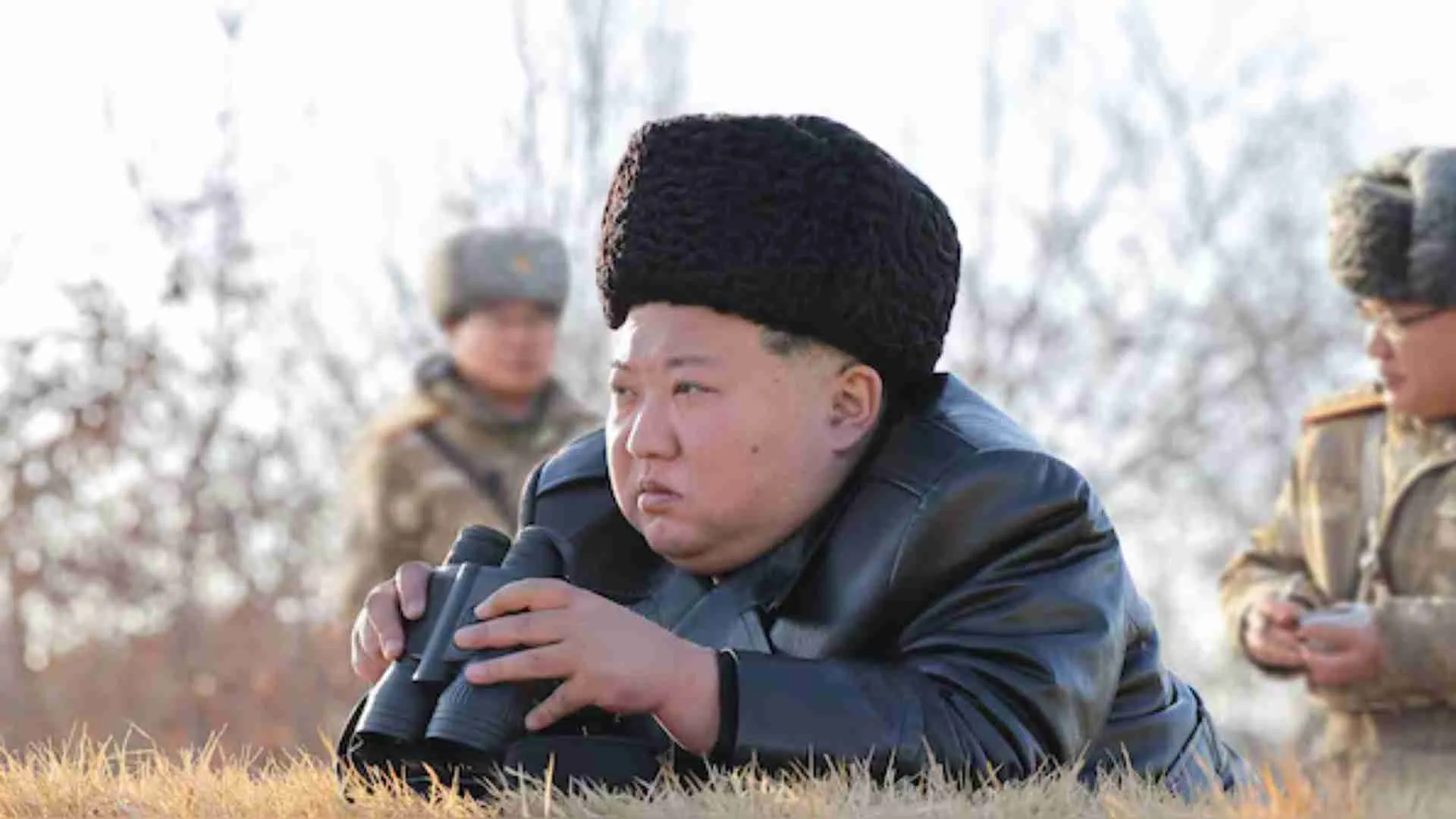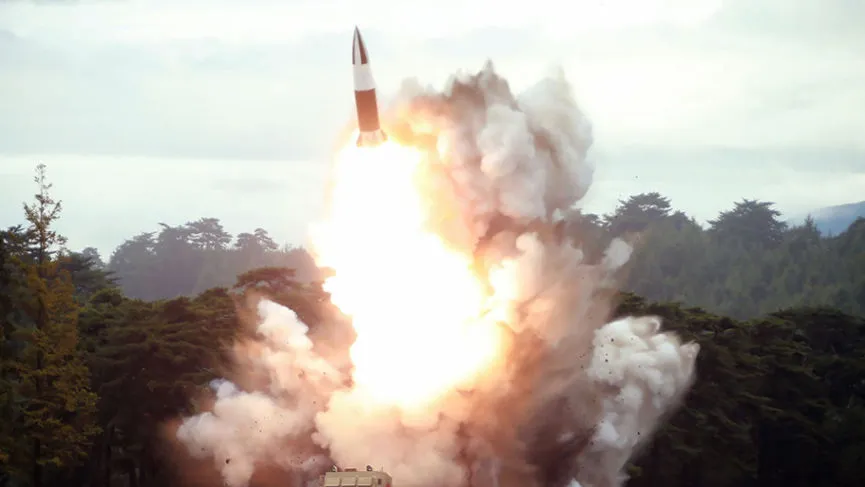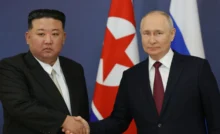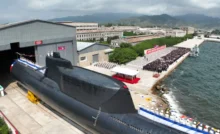Historical Context and Taiwan’s Position
Taiwan President Lai Ching-te has called into question China’s territorial integrity claims over Taiwan, suggesting that if China were truly concerned about reclaiming lost territory, it would also seek the return of land ceded to Russia in the 19th century. Lai made these remarks during an interview with Taiwanese media, aired on Sunday night.
China, which views Taiwan as part of its territory, has never ruled out the use of force to bring the democratically governed island under its control. However, Taiwan’s government firmly rejects these claims, asserting that only the island’s people have the right to determine their future.
Treaty of Aigun and Russia’s Far East
In the interview, Lai referenced the 1858 Treaty of Aigun, where China’s Qing dynasty, then in decline, ceded a large portion of territory in what is now Russia’s far east. Although the treaty was initially unratified, it was confirmed two years later through the Convention of Peking—one of several so-called “unequal treaties” that China was forced to sign during the 19th century.
Lai pointedly questioned China’s selective approach to reclaiming territory. “If it is truly about territorial integrity, why doesn’t China demand the return of lands occupied by Russia under the Treaty of Aigun? Especially now, when Russia is at its weakest?” he asked, adding that China’s inaction on this front indicates its intentions toward Taiwan are not genuinely rooted in territorial concerns.
Taiwan and China’s Geopolitical Ambitions
Lai argued that China’s real objective is not merely to annex Taiwan, but to disrupt the current rules-based international order. “China’s designs on Taiwan are part of a broader goal to achieve hegemony in the Western Pacific and reshape international norms,” Lai said.
The Treaty of Aigun was just one of many concessions China was forced to make during the Qing dynasty’s decline. In another “unequal” treaty, the Qing ceded Taiwan to Japan in 1895. After World War II, Taiwan was handed over to the Republic of China, which retreated to the island following its defeat by Mao Zedong’s communists in the Chinese Civil War.
China’s Response and Taiwan’s Future
As of now, China’s Taiwan Affairs Office has not responded to Lai’s comments. Beijing maintains that Taiwan has been an integral part of Chinese territory since ancient times.
Lai’s statements underscore the deep historical complexities and ongoing tensions between Taiwan and China, as well as the broader geopolitical implications of the dispute in the Western Pacific.


